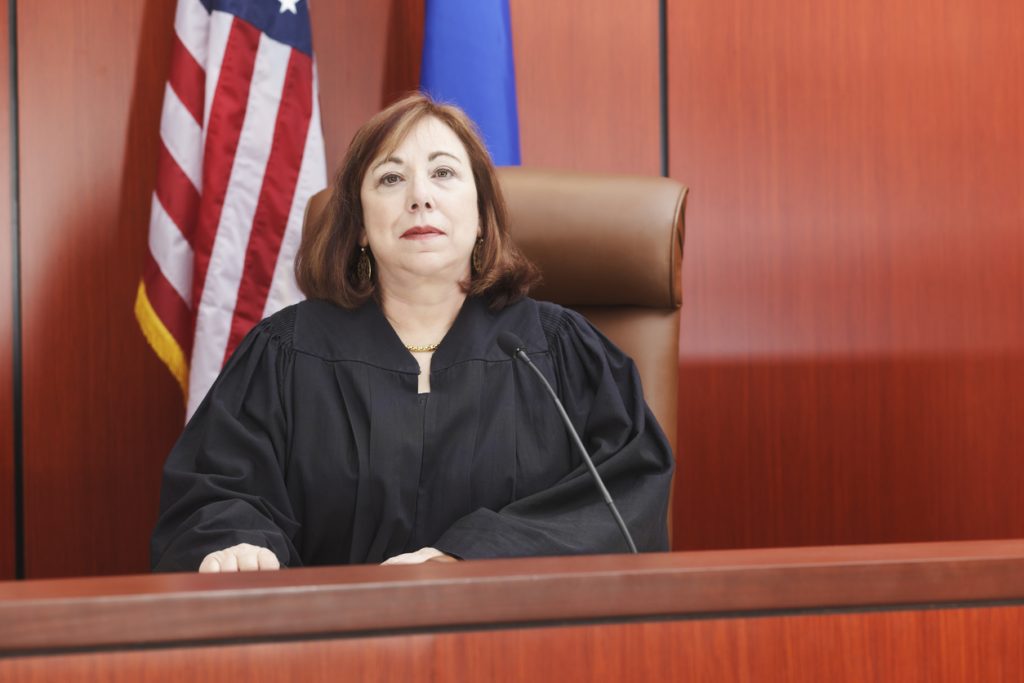In all criminal cases, the jury has two options: guilty or not guilty. Most of the time, the jury reaches one of those two verdicts. But, sometimes, it doesn’t. When the jury can’t reach a verdict, you have what is called a “hung jury.”
What is a hung jury?
Cornell Law School’s Legal Information Institute defines defines a “hung jury” as “[a] jury that, despite honest attempts, is unable to reach a verdict by the required voting margin.” Put more simply, it’s just a jury that can’t agree on a verdict. Another term for a “hung jury” is a “deadlocked jury.”
What happens if a jury can’t reach a verdict?
If a jury in a criminal case can’t reach a verdict, a lot happens before the jurors are released. First, the judge will direct the jury to keep deliberating. In Michigan, for example, judges usually read M Criminal JI 3.12, which is the state’s “Deadlocked Jury” instruction.
That instruction starts by asking the jury to try again: “You have returned from deliberations, indicating that you believe you cannot reach a verdict. I am going to ask you to please return to the jury room and resume your deliberations in the hope that after further discussion you will be able to reach a verdict. As you deliberate please keep in mind the guidelines [the original jury instructions] I gave you earlier.”
Then the instruction tells the jurors to “[r]emember” “your duty to consult with your fellow jurors and try to reach agreement” and your duty to “carefully and seriously consider the views of your fellow jurors” and “[t]alk things over in a spirit of fairness and frankness.” The instruction also reminds jurors that they should “not hesitate to rethink your own views and change your opinion if you decide it was wrong.”
“If you think it would be helpful,” the instructions explain, “you may submit to the bailiff a written list of the issues that are dividing or confusing you.” The bailiff then gives the issues to the judge, who “will attempt to clarify or amplify the instructions in order to assist you in your further deliberations.”

Can the prosecution try again if the jury can’t reach a verdict?
Yes. If, even after the instructions, the jury can’t reach a verdict, the judge will declare a mistrial. (Mistrials happen for other reasons, too.) When there is a mistrial caused by a hung jury, the prosecution has the ability to have another trial despite the Fifth Amendment’s prohibition against double jeopardy.
In fact, according to Cornell Law School’s Legal Information Institute, “[o]ften, a hung jury will lead to a retrial of the case.” At the second trial, everything happens in pretty much the same way as it did in the first. Sometimes, however, the prosecution will decide not to do a second trial.
The Takeaway:
In most criminal cases, the outcome of a jury fits in one of two boxes: guilty or not guilty. But there is a third that is possible in every case: a hung jury. If the jury cannot decide, the judge will encourage them to continue deliberating. But, eventually, the judge will accept that the jury can’t reach a verdict. In that circumstance, the prosecution has another chance at a trial as long as they weren’t to blame.






